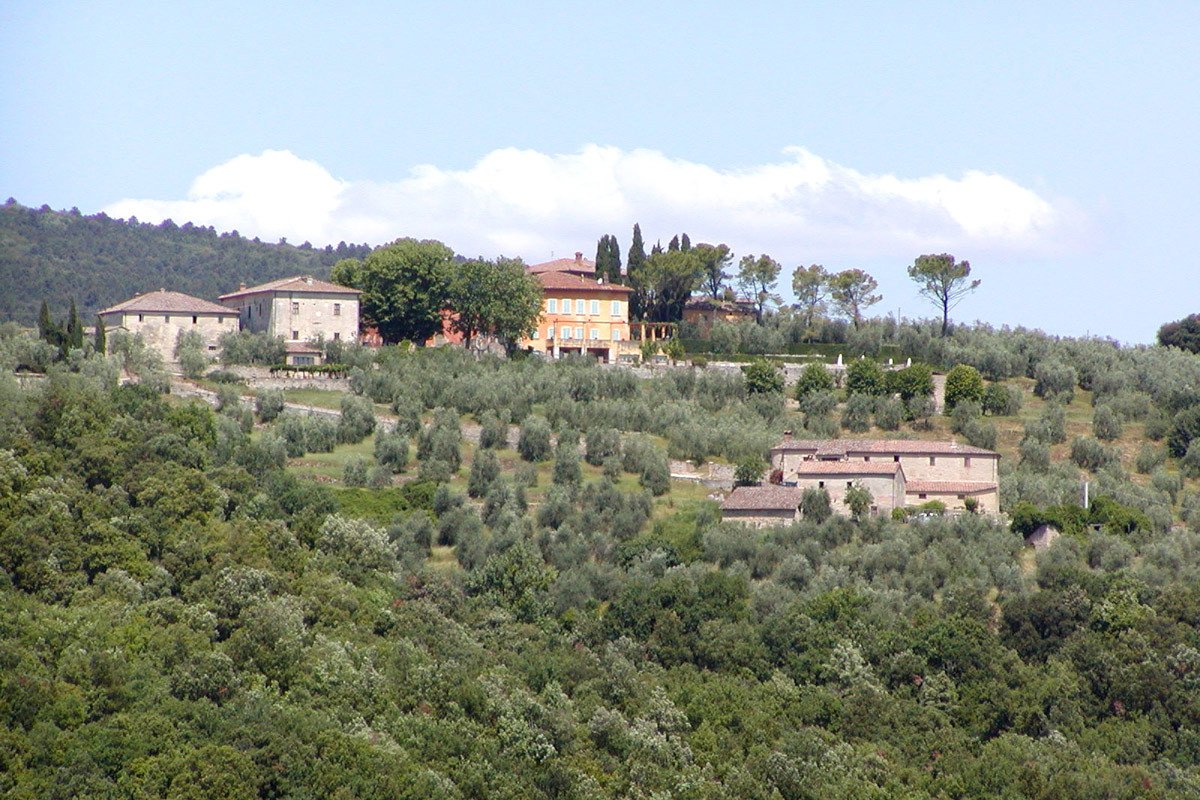Young ERCOFTAC Montestigliano Spring School for Graduate Students

The topic this year is:
Physico-Chemical Models Enabling High-Fidelity Reactive
and Plasma Flow Simulations
Guest speaker is:
Prof. Thierry E. Magin
Von Karman Institute for Fluid Dynamics (VKI), Belgium
Date and Location:
22nd – 29th October 2022
Montestigliano, Italy
Deadline for applications: 11th September 2022
As previous years, the workshop is meant to be a learning opportunity for doctoral and postdoctoral students, where they get to work interactively in groups on open research problems and in close contact with the organizers and the invited speaker.
How to apply:
Applications of prospective participants should contain:
- A Curriculum Vitae (CV) or resume of the applicant (max one page)
- A short letter of purpose from the student (max one page), highlighting in particular the relevance of the workshop to his/her research topic.
- A short letter of recommendation from the supervisor of the applicant (max one page).
The applications can be submitted to any of the organizers. Selected candidates will subsequently be notified and will receive a fellowship that covers accommodation. Travel costs to and from the workshop venue have to be carried by the home institute. Registration fee is 175€
We would be grateful if you could disseminate this information to colleagues that could be interested in this event.
ORGANISERS:
- Peter Schmid (KAUST): peter.schmid@imperial.ac.uk
- Shervin Bagheri (KTH): shervin@mech.kth.se
- Taraneh Sayadi (Sorbonne University): taraneh.sayadi@upmc.fr
ABOUT ERCOFTAC MONTESTIGLIANO SPRING SCHOOL:
ERCOFTAC Montestigliano Spring School is an event for young scientists covering a specific multi-disciplinary and modern topic in fluid mechanics. Its format is based on an interactive teaching concept. Besides the traditional supervision by the student's advisor, the typical education of a PhD student seldom involves hands-on training under the guidance of a true expert in a particular and complementary field. University courses succeed in laying a foundation in rudimentary (and even a few specialized) concepts. Conferences, minisymposia and standard workshops expose young scientists to recent advances. In Montestigliano, students collaborate intensively during a full week in small groups under the guidance of a world-leading expert in a specialized topic.
TOPIC:
The accuracy of engineering predictions strongly depends on the fidelity of the physico-chemical models used to close the governing equations. Reactive and plasma flows span a broad range of temporal scales, from local thermodynamic equilibrium to thermo-chemical nonequilibrium. As such, a variety of physicochemical models, data, and algorithms are used in today’s CFD codes and represent a significant body of work in the scientific literature [1]. The thermochemical models employed in these codes directly affect the evaluation of gas properties necessary to close the conservation laws. These include mixture thermodynamic and transport properties, species chemical production rates, and energy transfer rates. Each of these properties further depends on the selection of a variety of specialized algorithms and data, such as species partition functions, transport collision integrals, and reaction rate coefficients.
The MUlticomponent Thermodynamic And Transport properties for IONized gases library written in C++ (the Mutation++ library) has been developed at the von Karman Institute to help centralize physico-chemical models, algorithms, and data into a single software package, which may be shared among several CFD tools. This process works seamlessly thanks to a unique design concept called a State Model, providing a description of the equation set which is being solved. The model fidelity ranges from detailed chemistry approaches considering internal energy levels as pseudo-species to multitemperature approaches based on Maxwell-Boltzmann distribution of thermal baths in equilibrium with relevant energy modes. Leveraging the Mutation++ framework, we can make use of the Open Source community to share and disseminate these contributions with other researchers in the fields of reactive and plasma flows, including hypersonics, combustion, solar physics, and electric propulsion.
The workshop will offer an introduction to modeling of reactive and plasma flows, with examples of 0D chemical reactors and 1D configurations such as nozzle and stagnation line flows. A number of more complex CFD applications will be presented to prepare the participants tackle short-term group projects (possibility to interface the Mutation++ to their CFD codes) within the period of the workshop [2]. Un- certainty quantification problems will be shown to illustrate some possible sensitivity analysis and model calibration. Finally, examples of nonlinear model reduction, such as network clustering and manifold embedding to extract efficiently and adaptively a surrogate model of the full library, will be provided to overcome any computational bottleneck. References and example programs will be made available to the attendees to complete their projects.
REFERENCES:
[1] Scoggins, J.B, Leroy, V., Bellas-Chatzigeorgis, G., Dias, G., Magin, T.E, Mutation++: MUlticom- ponent Thermodynamic And Transport properties for IONized gases in C++. SoftwareX (2020) 12:100575, https://github.com/mutationpp/Mutationpp.
[2] Capriati, M., Prata, K.P., Schwartzentruber, T.E., Candler, G.V., Magin, T.E., Development of a nitridation gas-surface boundary condition for high-fidelity hypersonic simulations. ECCOMAS Congress 2020 (2021) DOI: 10.23967/wccm-eccomas.2020.119.
VENUE:
The workshop will take place at the picturesque estate of Montestigliano in the heart of Tuscany. The village of Montestigliano is composed of 18th century buildings, typically of Tuscan architecture. Located 15 km south-west of Siena, it provides a stunning landscape and a stimulating environment for both intensive work and relaxation. The 18th century houses and farm buildings have been carefully restored to retain their original features common to Tuscan architecture. For further information visit: http://www.montestigliano.it/.
